Book: Health and Fitness
Author: Nayma Nishat - Researcher, Health & Fitness
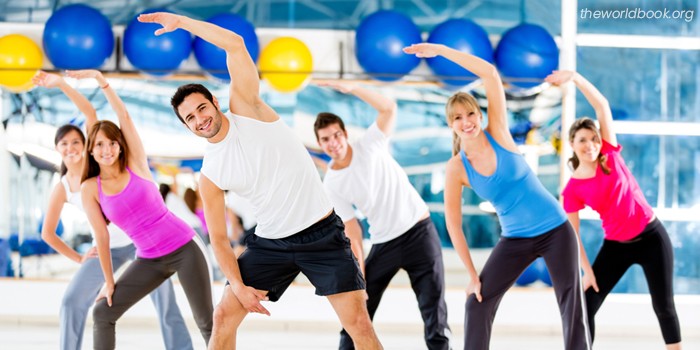
The benefits of physical activity can be felt both inside and outside. So today I’m going to share 10 benefits of physical activity which are unrivaled. You are likely to obtain these benefits to your health if you are more active than someone who is not very active at all.
Regular physical health activities can have immediate and long-term health benefits which reduce the risk of developing several diseases like type 2 diabetes, cancer, and cardiovascular disease and also reduce the risk of premature death by 20-30%. That is why it’s more vital to understand how physical activity benefits us.
The physical activity has proven to be an important risk factor prevention, at the least, 35 chronic diseases and also is an essential element in maintaining the quality of life of people throughout the years. For this reason, the World Health Organization (WHO) established April 6 as World Day of Physical Activity and promoted the initiative “Move for Health” that is celebrated in the month of May.
We hear more and more frequently the importance of practicing any physical activity. However, many of us do not dare to initiate any exercise in a disciplined way. It is important to keep in mind the physical, mental, and emotional benefits that our body obtains by being active.
According to the World Health Organization (WHO), 60% of the population does not carry out physical activities. This sedentary lifestyle is due to a lack of time or interest.
If you still need to convince yourself, the following 10 points summarize the benefits of physical activity for your better health.
It is well known that exercise burns calories whether you want to lose weight or maintain a healthy weight. Physical activity plays a crucial role in controlling your weight.
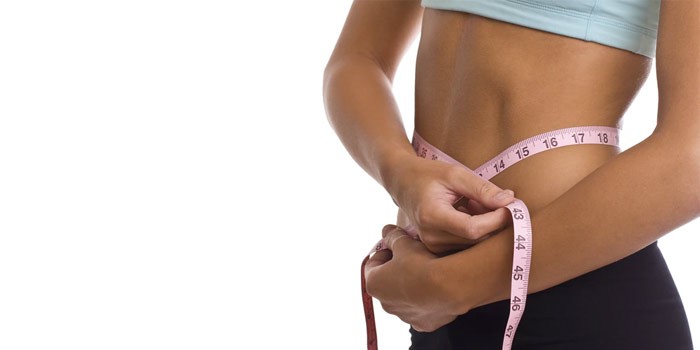
Everything you eat contains calories, and everything you do uses or burns calories. And if it is like that the more you do or the more you active, the more calories you burn.
It promotes your metabolism burning more calories every day and also helps you to prevent excess weight gain or help maintain weight loss.
So try to be active at least 30 minutes per day even you can be active during household work or taking the stairs instead of the lift which will help burn extra calories.
During physical activity Bones and muscles, both become stronger. All forms of physical activity will help to keep your bones fit and reduce the risk of falling.
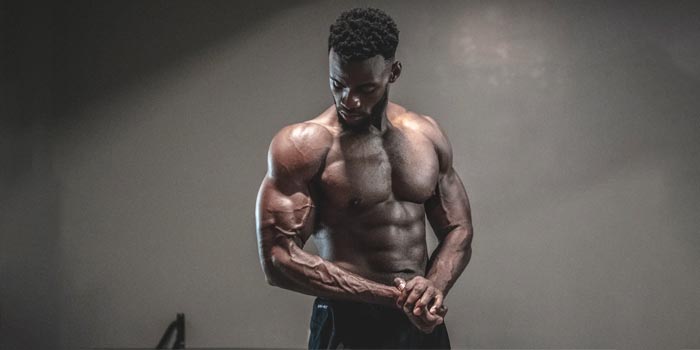
A moderate exercise program that includes low-impact aerobics, power, and strength training has benefits for osteoarthritic patients.
Many patients who start an exercise program report less disability and pain. They are also better able to perform daily chores and remain independent longer than their inactive peers.[1]
Exercise can improve your muscular system by increasing your muscle strength. Walking, balance-board training, and weightlifting with free weights help your muscular system coordinate joint movements more effectively.[2]
Daily physical activity is essential to reduce the risk of chronic disease. NCBI (National Center for Biotechnology Information) puts “Physical inactivity is a primary cause of most chronic diseases.
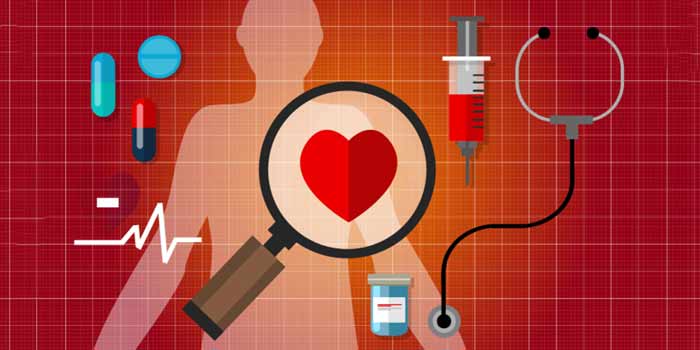
And also says, physical activity is examined as primary prevention against 35 chronic conditions like accelerated biological aging/premature death, low cardiorespiratory fitness, metabolic syndrome, obesity, prediabetes, type 2 diabetes, non-alcoholic fatty liver disease, coronary heart disease, stroke, depression and anxiety, bone fracture/falls, rheumatoid arthritis, colon cancer, breast cancer and so on.”[3]
Physical activity improves blood flow to the brain and helps brain health and memory. Among the adults and older adults, it can help protect mental function.
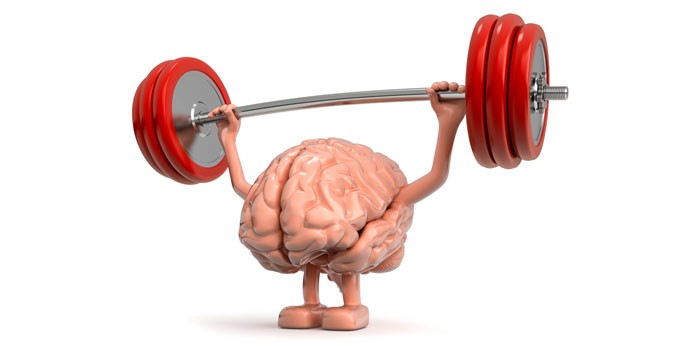
“In an aging population with an increasing incidence of dementia and cognitive impairment, strategies are needed to slow age-related decline and reduce disease-related cognitive impairment in older adults. Physical exercise that targets modifiable risk factors and neuroprotective mechanisms may reduce declines in cognitive performance attributed to the normal aging process and protect against changes related to neurodegenerative diseases such as Alzheimer’s disease and other types of dementia.”[4]
A recent study found that frequent physical activity reduces the likelihood that an older person will become physically disabled.
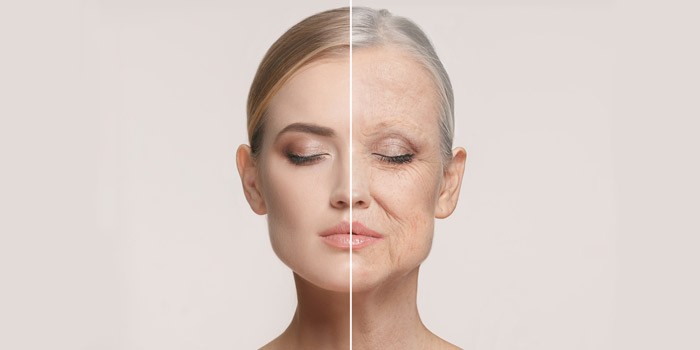
It postpones the process of aging and increases the longevity of life and also keeps your bones strong and reduces the risk of osteoporosis.
Physical activity often makes people feel more energetic, allows them to be more active. Exercise has been shown to increase energy levels in people who are suffering from progressive illnesses, such as cancer, HIV/AIDS, and multiple physical health issues.
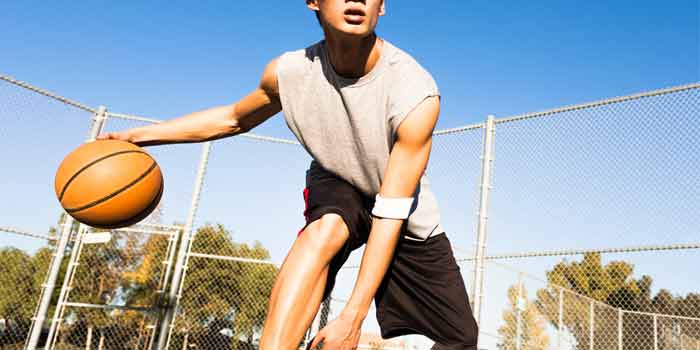
It increases your stamina and ability to do continuous work and endurance to perform daily tasks like chasing your kids or carrying loaded grocery bags with ease.
The effects of physical activity and exercise on mood are immediate. It makes you feel better and fight stress, depression, and anxiety.

It helps to decrease stress hormones and releases endorphins, the body’s natural feel-good chemicals.
A study shows that people who exercise regularly experience fewer symptoms of depression and anxiety than those who don’t exercise regularly.
Regular physical activities can help you sleep better and feel more energized during the day.
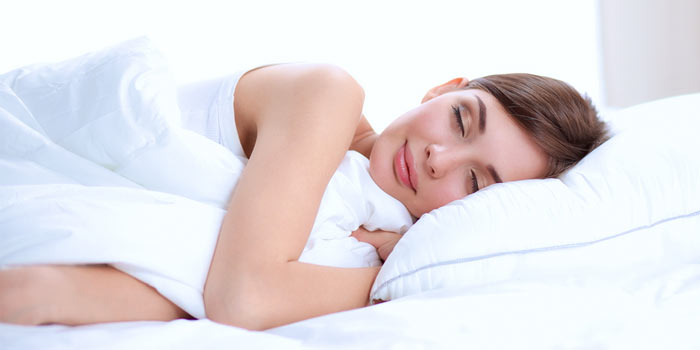
When we workout, our body temperature rises, and the increase in body temperature is thought to improve sleep quality by helping it drop during sleep. Find out how much sleep you need by reading What Does Physical Health Mean.
Most people say that they feel calm and have a sense of well-being after doing exercise. Physical activity, according to one theory, releases beta-endorphin, a natural substance in the body that is hundreds of times more potent than morphine.

Another theory points to serotonin as the cause of the exercise high. Increased levels of serotonin in the central nervous system are associated with feelings or emotions, heightening of appetite, and lessening of mental depression. Any type of physical health activities can cause people to feel better about themselves.
Physical activity can help to improve sexual desire, function, and performance in men and women.

“According to a study from the University of Arkansas, physical activity boosts blood flow to the genital region, making it easier for women to hit ‘the big O’. And it’s not just the ladies who feel the benefits of physical activity. The same study shows that men have a good reason to get fit too – burning at least 200 calories a day can significantly lower their risk of erectile dysfunction.”[5]
Besides these, physical activity improves your overall health. It helps to enhance your skin health, reduces pain, increases endurance, clear arteries and veins, regulates blood pressure, boosts the immune system, boosts confidence, and makes you feel happier.
And looking better physically will make you feel good. Continuous exercise will improve the image yourself and improve your self-esteem.
Regardless of weight, age, or sex, physical exercise can elevate your positive perception of self-appeal, and consequently make you value yourself more.
It’s no secret that physical activity is good for our health. Physical activity contributes to prolonging life and improving its quality, through multiple benefits.
And now we know exercise can help improve our physical condition with the benefits of physical activity that, IT’S THE LITTLE THING YOU DO THAT MATTER. To enjoy the glow of good health, physical activity is a must.
Adding all the above benefits, we obtain a healthier, more pleasant life and therefore, a longer one.
References:
© 2025 The World Book. All Rights reserved.
Founder: Nayma Nishat